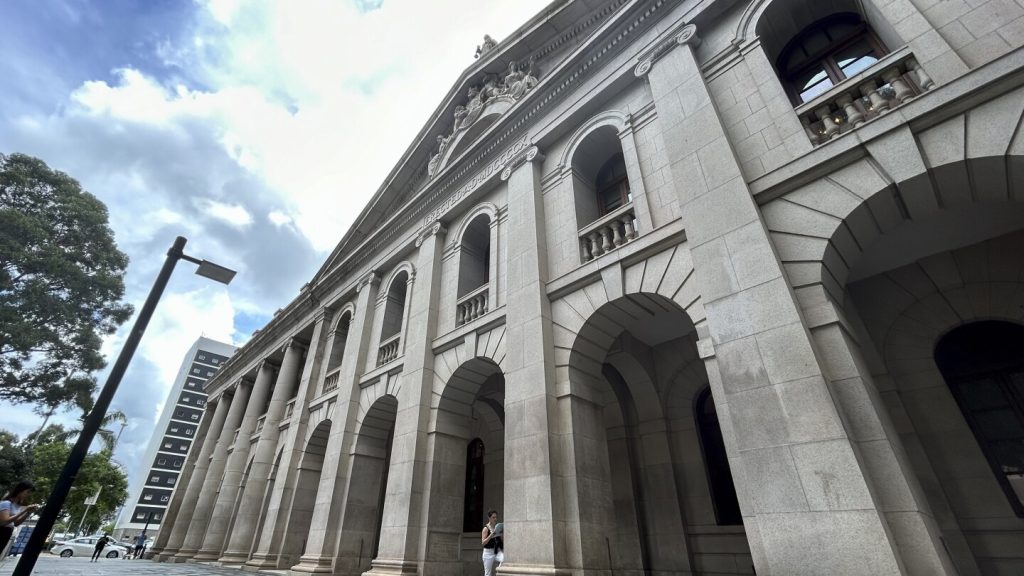Hong Kong police have arrested six people, including a former organizer of the city’s annual Tiananmen Square vigil, for allegedly publishing seditious social media posts. The arrests are the first known under the city’s new national security law. Secretary for Security Chris Tang stated that the group used a Facebook page to anonymously post the content, which began in April targeting a sensitive date related to the 1989 Tiananmen Square crackdown.
The arrests have raised concerns about the erosion of Hong Kong’s freedoms since the introduction of the new security law, known as “Article 23.” This law, similar to one imposed by Beijing four years prior, grants the government expanded powers to maintain control and punish offenses related to sedition and national security. Offenders now face harsher penalties, with a maximum jail term of seven years. Tang clarified that it is not illegal to mention sensitive dates, but the issue lies in inciting hatred through such discussions.
The suspects, aged between 37 and 65, were raided by authorities who seized electronic devices suspected of being used to publish seditious messages. Since Hong Kong was returned to China in 1997, promises of Western-style liberties have diminished, especially with the implementation of the 2020 law. Many activists have been arrested or forced into exile, while civil society organizations, including the group behind the vigil, have been disbanded. Some individuals, including Chow Hang-tung and former leaders of the vigil group, are facing charges of subversion.
The new law has also impacted the annual vigil at Hong Kong’s Victoria Park, where thousands used to gather to remember the victims of the 1989 Tiananmen Square crackdown. Amnesty International’s China director, Sarah Brooks, criticized the arrests, labeling them as a suppression of freedom of expression. She condemned the government’s attempt to prohibit the commemoration of the anniversary, calling it an insult to the victims of the crackdown and their families. The arrests reflect ongoing concerns about the restrictions on free speech and assembly in Hong Kong under the guise of national security.
Despite the government’s assertion that the law has restored stability following the 2019 anti-government protests, many are worried about the implications for Hong Kong’s autonomy and freedoms. The arrests highlight the challenges faced by those advocating for democracy and human rights in the city. As tensions continue to rise between Beijing and the Hong Kong authorities, the future of civil liberties in Hong Kong remains uncertain. Critics view the arrests as a further step towards silencing dissent and limiting the rights of Hong Kong residents to express their political views.















